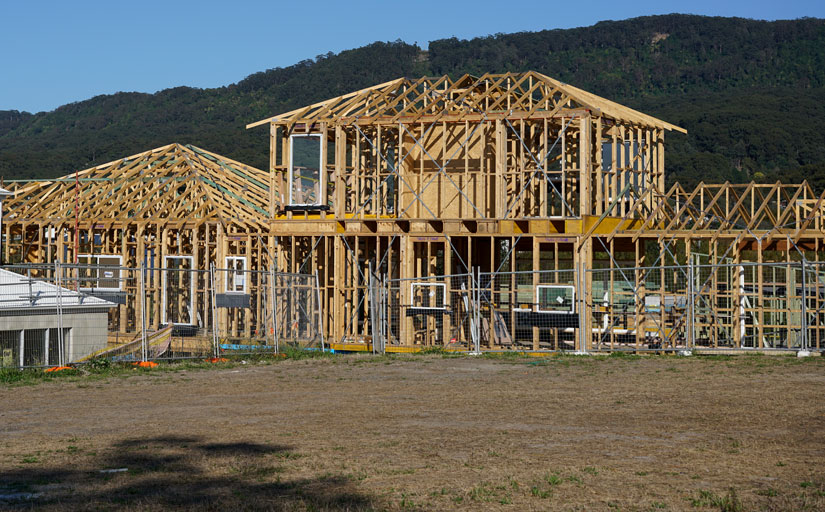Although dwelling valuations in Australia are 5-15% above historical averages, the risk of a catastrophic collapse in the housing market is low, argues Merlon Capital Partners, a Sydney-based boutique fund manager.
In its latest paper, entitled Some Thoughts on Australian House Prices, Merlon acknowledged that the nation is currently at a cyclical high point, with “house prices, housing finance activity and building approvals … all at historically elevated levels.” At the same time, interest rates are at record lows and have begun to hike, particularly for investors.
“We think the housing market is 5-15% overvalued relative to ‘mid-cycle’ levels. Contrary to recent commentary, we do not find this over-valuation to be concentrated in the Sydney market,” said Hamish Carlisle, analyst at Merlon Capital Partners.
Carlisle doesn’t find the modest system-wide overvaluation to be particularly surprising at the current point in the economic cycle, and notes that the nation is a long way off from what are considered to be “mid-cycle” interest rates. “Rising interest rates – as we are currently experiencing – are likely to be a precursor to a turn in the cycle so it is likely we will enter into a phase of more subdued house price inflation.”
Favourable tax treatment of housing, coupled with historically low interest rates and favourable fundamentals (i.e. income and rental growth), mean that it’s highly unlikely that house prices will retrace to “mid-cycle” levels in the foreseeable future.
Carlisle further asserts that regulator concerns about house prices are “overblown”. Growing regulatory restrictions, which force banks to ration lending, particularly to property investors, are probably unnecessary and will achieve little other than improving the short-term profitability of banks via higher interest rates for borrowers.
“As with all our investing, we work on the basis that, over time, interest rates will revert back to long term levels as will aggregate housing valuation metrics. Against this, we think aggregate rents and household incomes will continue to grow which will cushion the overall impact on dwelling prices and that the exposure of the household sector to higher interest rates means that the time frame over which interest rates will rise could be quite protracted. As such, we think the risk of a catastrophic collapse in the housing market is low,” he said.


Housing is simple supply & demand. For various reasons everyone in Australia is literally moving to either Sydney or Melbourne, add in the migrants who really only want to live in a major city and then put a cap on land release to keep the greenies and town planners happy and what do you get? What we see now.
Superannuation is now THE major issue with an estimated 2,000 changes per year, regulatory risk is not a minor influence but the major one. Only a fool would put money in super and if your one of the 1% with 60% of the total invested in super to avoid tax then if you leave it there you have only yourself to blame when you lose it.